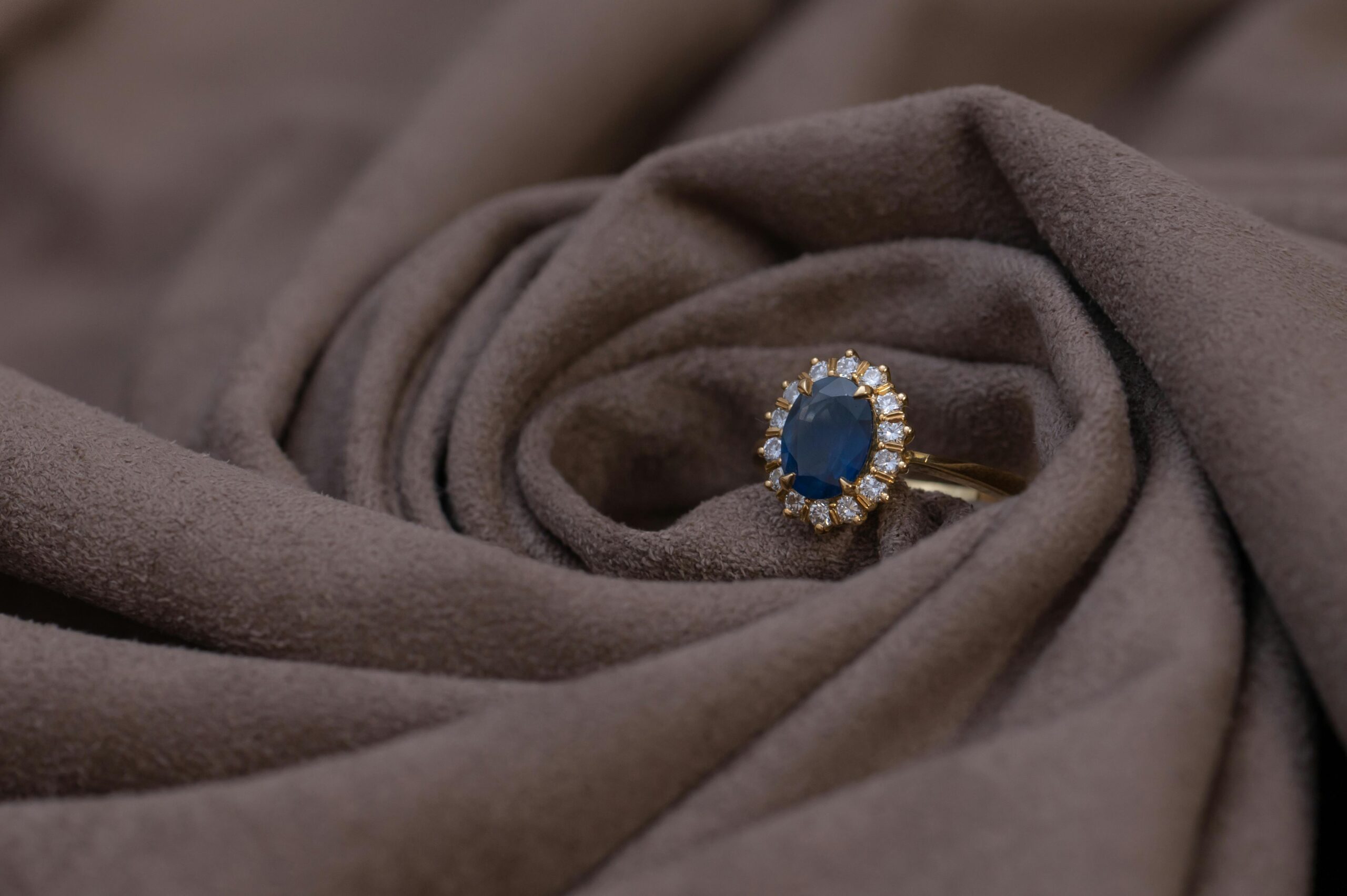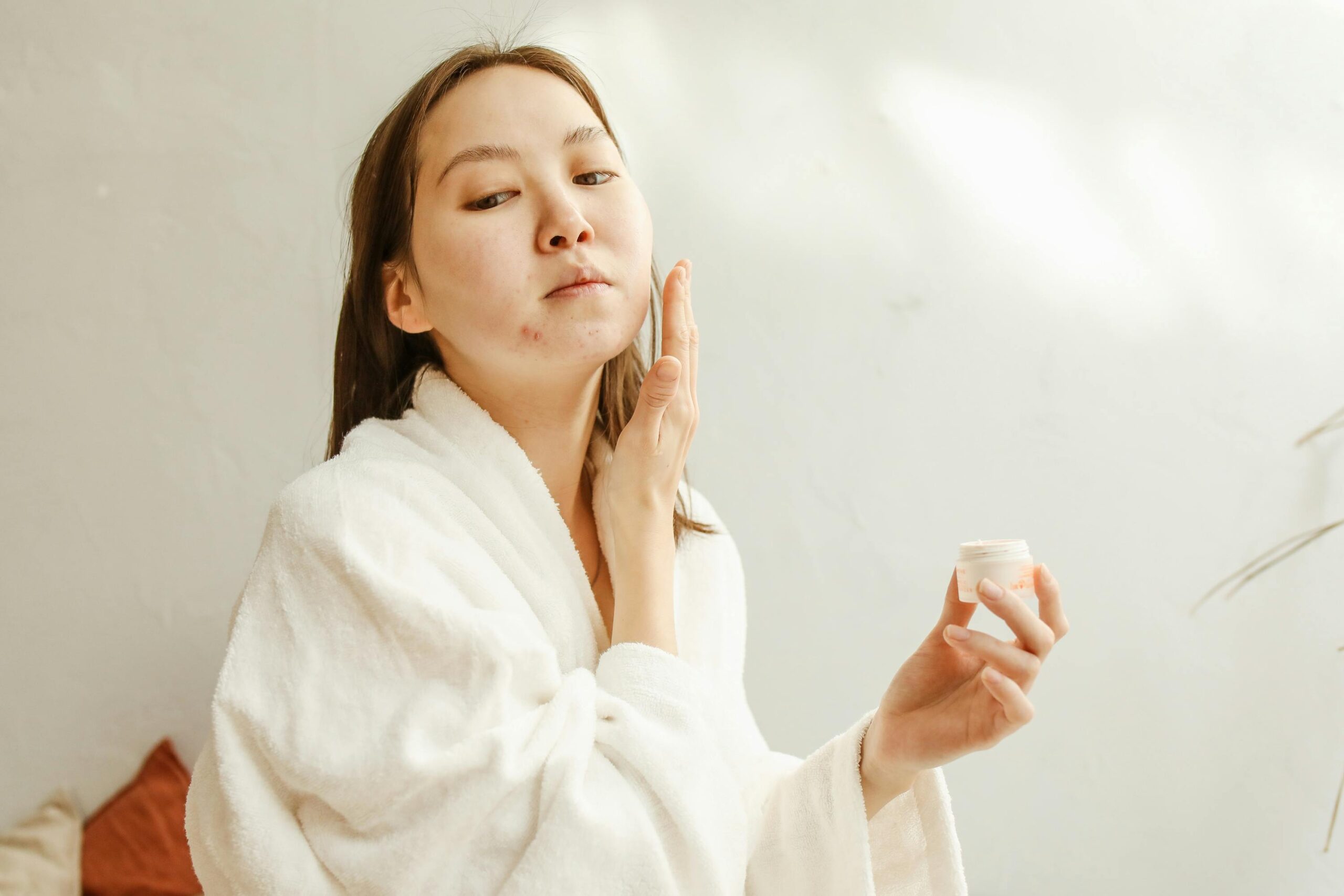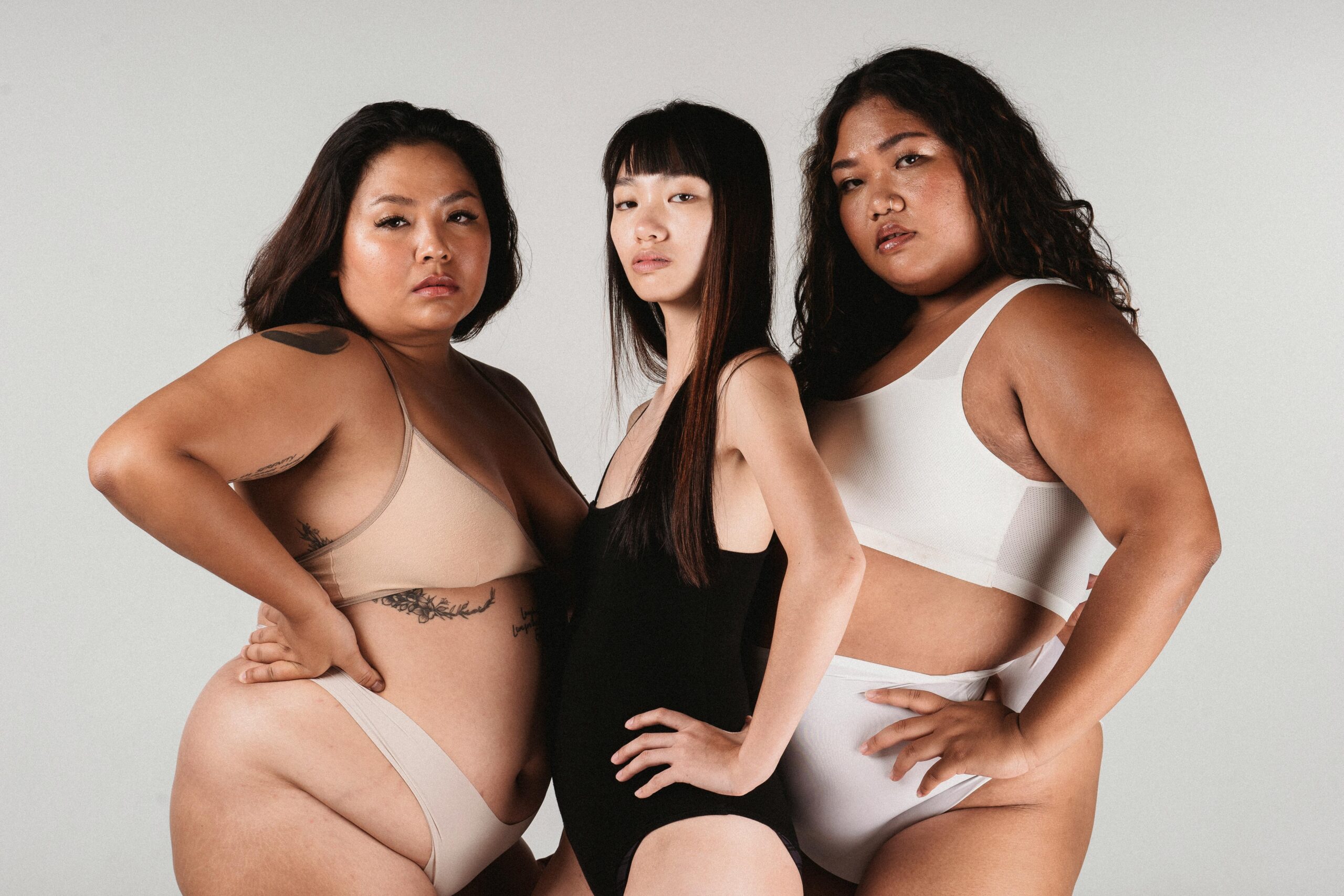The battle to ignore the unrealistic messages from the advertising industry is tough, especially since they have been a well-oiled machine for decades and decades. Each country has their own fight. In western countries like the US, it is about portraying women as diverse beings both in skin color and shape.
In India, it’s not so much about body shape, as it is skin color, but in a different way. Skin lightening creams are extremely common in India because of the discriminatory message surrounding it. A lot of the brands who manufacture these creams posture the product as a way for women and men to have more options for marriage, increase their job prospects, and make them more valued in society.
We’re not 100% sure why it is such a massive market there, but perhaps (and we’re speculating here) there is a lingering of the old British Empire hierarchy hangover. The white people were seen as the successful, wealthy, happy and desired people in society. The dark-skinned people were viewed as “less than”.
Sure times have changed, but the skin tone discussion is a topic of much contention around the world because of history. If you take a look at the attitudes toward African-Americans during slavery, it was thought that they were less than human beings and it hinged largely because of their outward appearance. Discrimination based on skin color is nothing new, but thankfully we are living in an time when it is common to tackle these issues.
According to an article in the Wall Street Journal, skin lightening cream is a $600 million a year business in India. But now the very industry that allowed an epidemic to fester for far too long is cracking down in a big to eliminate this type of discrimination. The Advertising Standards Council of India has issued a statement saying people with dark skin shouldn’t be shown as “unsuccessful in any aspect of life,” especially “in relation to being attractive to the opposite sex, matrimony, job placement, promotions and other prospects.”
“Because of the proliferation of products — more than a dozen brands and even for men — there was a need to say something specific about ads not being disparaging to people with darker skin,” said Partha Rakshit, the ad council’s chairman.
A spokesperson for Unilever in India said they are willing to fully comply with the Ad Council, especially since there has been a rise in consumer complaints.
Nandita Das, a Bollywood actress who is the face of the Dark Is Beautiful campaign that battles prejudice against people with dark skin, says the new ad guidelines are a step in the right direction to rein in an industry that has created a “dark-skin complex” to make money.
“Too many young girls and now boys are losing their confidence,” because Indian society and advertising glorifies lighter skin tones, she said in an emailed statement.
A spokeswoman from advertising firm Ogilvy and Mather in India claims the new crack down will not affect sales of skin lightening creams because there are legitimate reasons for wanting to alter skin tone, such as sun spots and dark circles. And here’s the best part: “When you sell a fairness product, what you are really selling is hope,” said Zenobia Pithawalla.
Ah yeah. Not sure if that’s the kind of hope you want to be peddling. That’s called false advertising, and preying on insecurities to sell a product. It is also perpetuating societal discrimination, so perhaps you guys ought to revisit the definition of hope and figure out quickly what your message is.
Consumers are wising up to the fact that this kind of marketing is blatant discrimination. With so many global brands now pivoting to enhance a woman or man they way they are, and focus on empowerment, it’s a bold move by the Advertising Standards Council and one which we applaud loudly.
Here is the memo which they released, outlining what they are actually aiming to do:
“There is a strong concern in certain sections of society that advertising of fairness products tends to communicate and perpetuate the notion that dark skin in inferior and undesirable,” it begins. The ACSI writes they felt the need to implement specific guidelines for this product in terms of how it is marketed and advertised.
Here are the four points they have drafted:
1. Advertising should not communicate any discrimination as a result of skin color. These ads should not reinforce negative social stereotyping on the basis of skin color.Specifically, advertising should not directly or implicitly show people with darker skin, in a way which is widely seen as, unattractive, unhappy, depressed or concerned. These ads should not portray people with darker skin, in a way which is widely seen as, at a disadvantage of any kind, or inferior, or unsuccessful in any aspect of life particularly in relation to being attractive to the opposite sex, matrimony, job placement, promotions and other prospects.
2. In the pre-usage depiction of product, special care should be taken to ensure that the expression of the model/s in the real and graphical representation should not be negative in a way which is widely seen as unattractive, unhappy, depressed or concerned.
3. Advertising should not associate darker or lighter color skin with any particular socio-economic strata, caste, community, religion, profession or ethnicity.
4. Advertising should not perpetuate gender based discrimination because of skin color.
We’re shocked it has taken until the year 2014 for something like this to be implemented, but it says a lot about the work that still needs to be done to “undo” what years and years of bad advertising has done to consumers. Now that we have a more powerful voice (thanks to the internet and greater accessibility to brands through social media) companies cannot afford to change with the tides and offer something that makes us feel empowered, rather than devalued.
High five to the Advertising Standards Council of India for making the right choice and allowing men and women to be happy with their God-given skin. We should never be told to change to be happy or successful. Looks like the world’s largest democracy will be seeing less of these types of commercials in the future:




















